Monthly Digest: August 2023
Monthly Digest for August 2023.

“Those Who Refuse Slavery”: Teaching the Short-Term Effects of the Haitian Revolution
A discussion of teaching the short-term effects of the Haitian Revolution
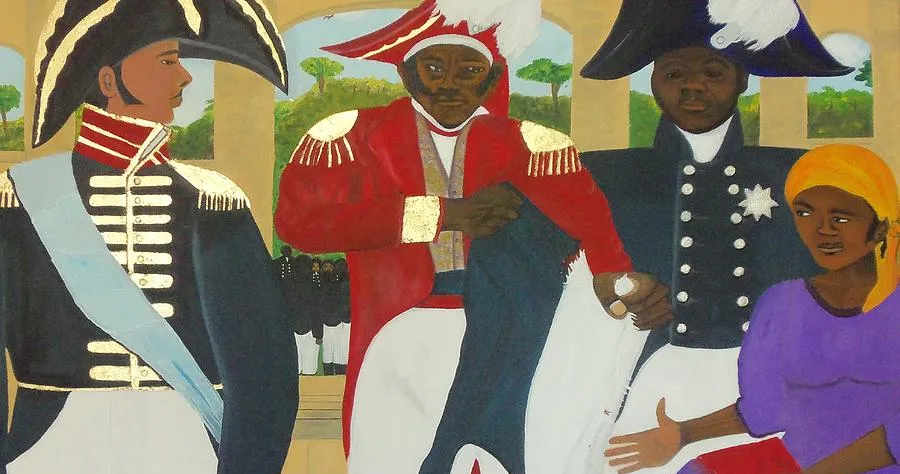
“Cairo Had Become an Abandoned Desert”: The Black Death in Egypt
A discussion of the Black Death in the Middle East
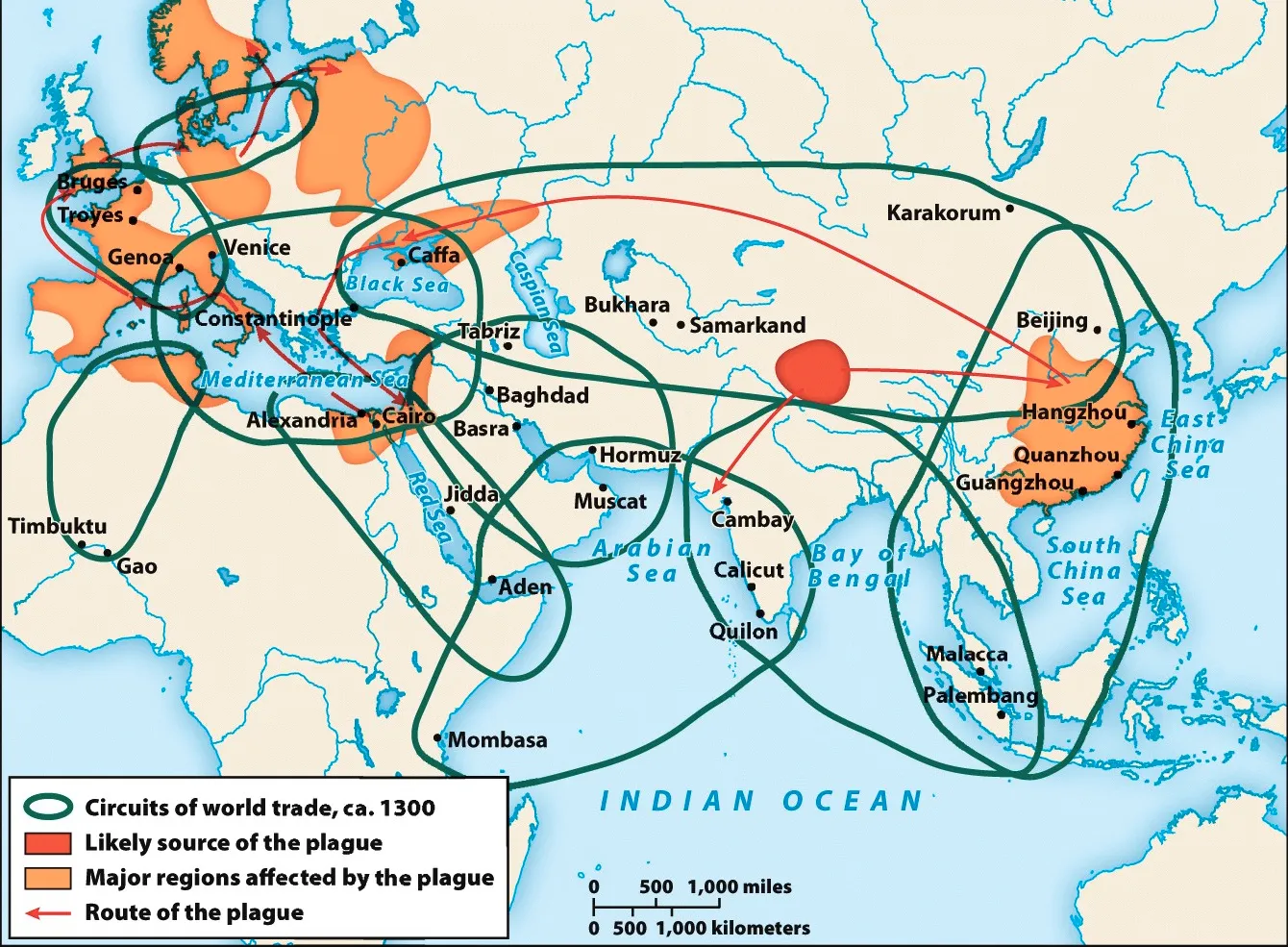
“The Sacred Flame of Liberté”: Teaching the Revolution of the Haitian Revolution
A discussion of teaching the role of women and Toussaint Louverture in the Haitian Revolution.
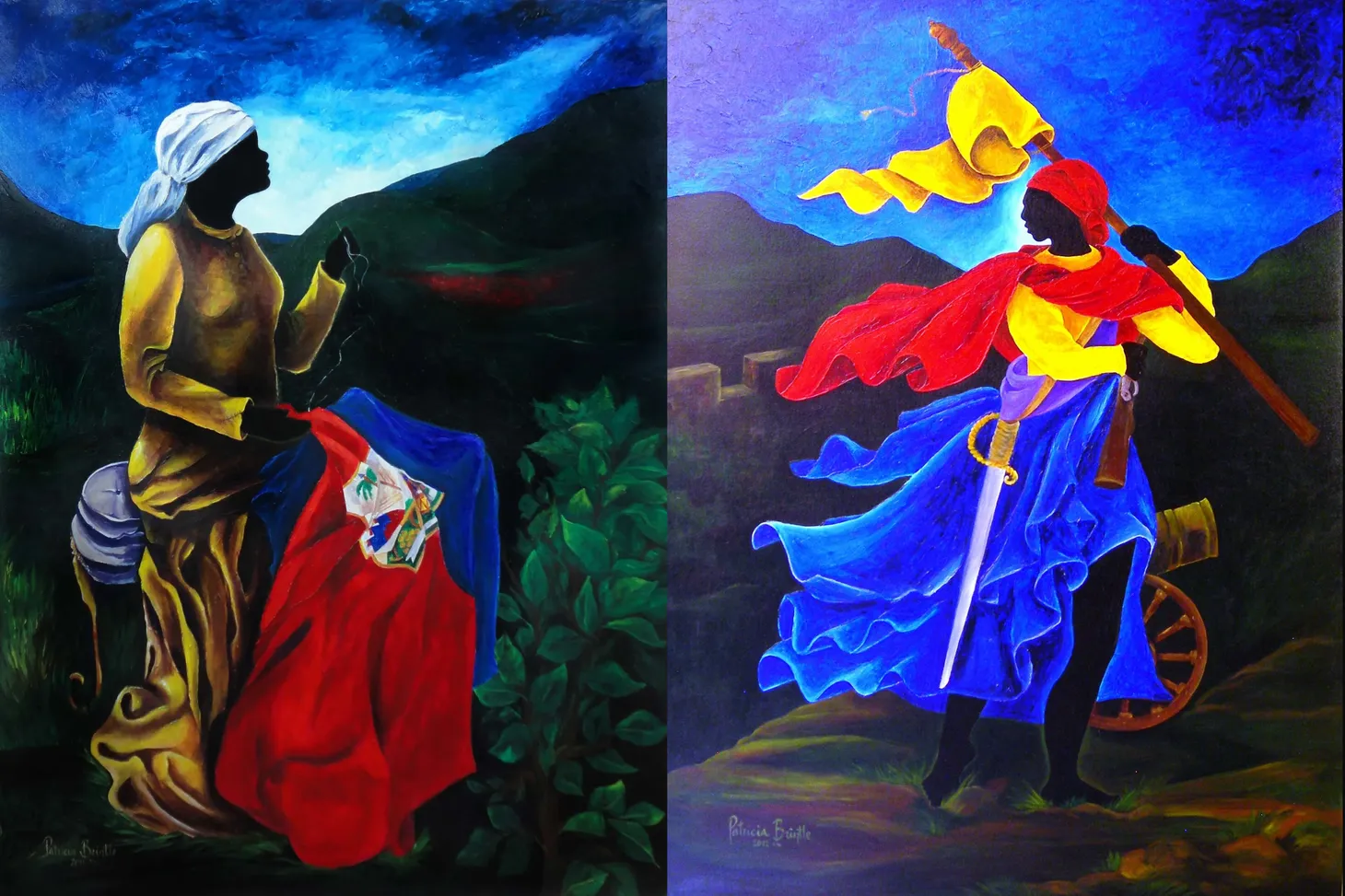
“Revenge Our Wrongs”: Saint-Domingue Before the Haitian Revolution
A discussion of how to teach Saint-Domingue on the eve of the Haitian Revolution.
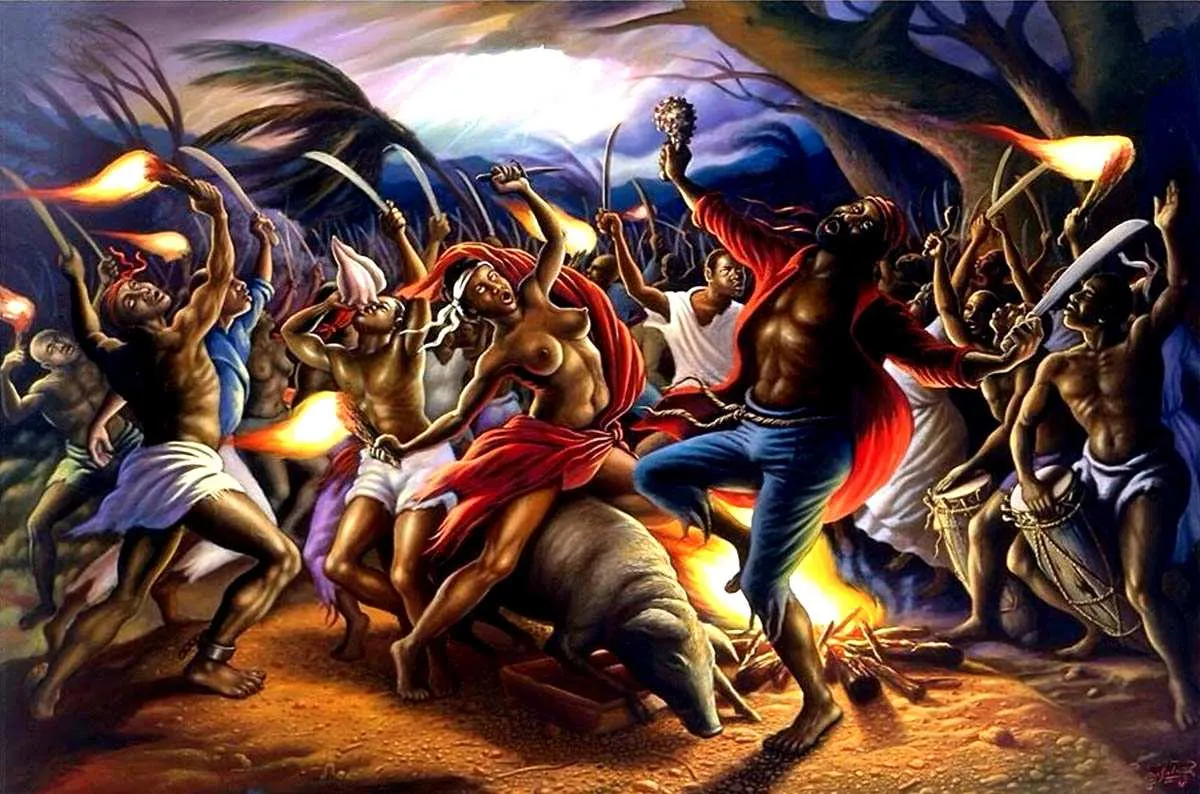
“We Have Dared to be Free”: Teaching the Haitian Revolution
A discussion of how world history teachers can teach the Haitian Revolution to highlight its global significance and legacies.

“Sales, Auctions, and Exchanges Go on Constantly”: The Song Chinese Economy
A discussion of the Song Chinese economy.
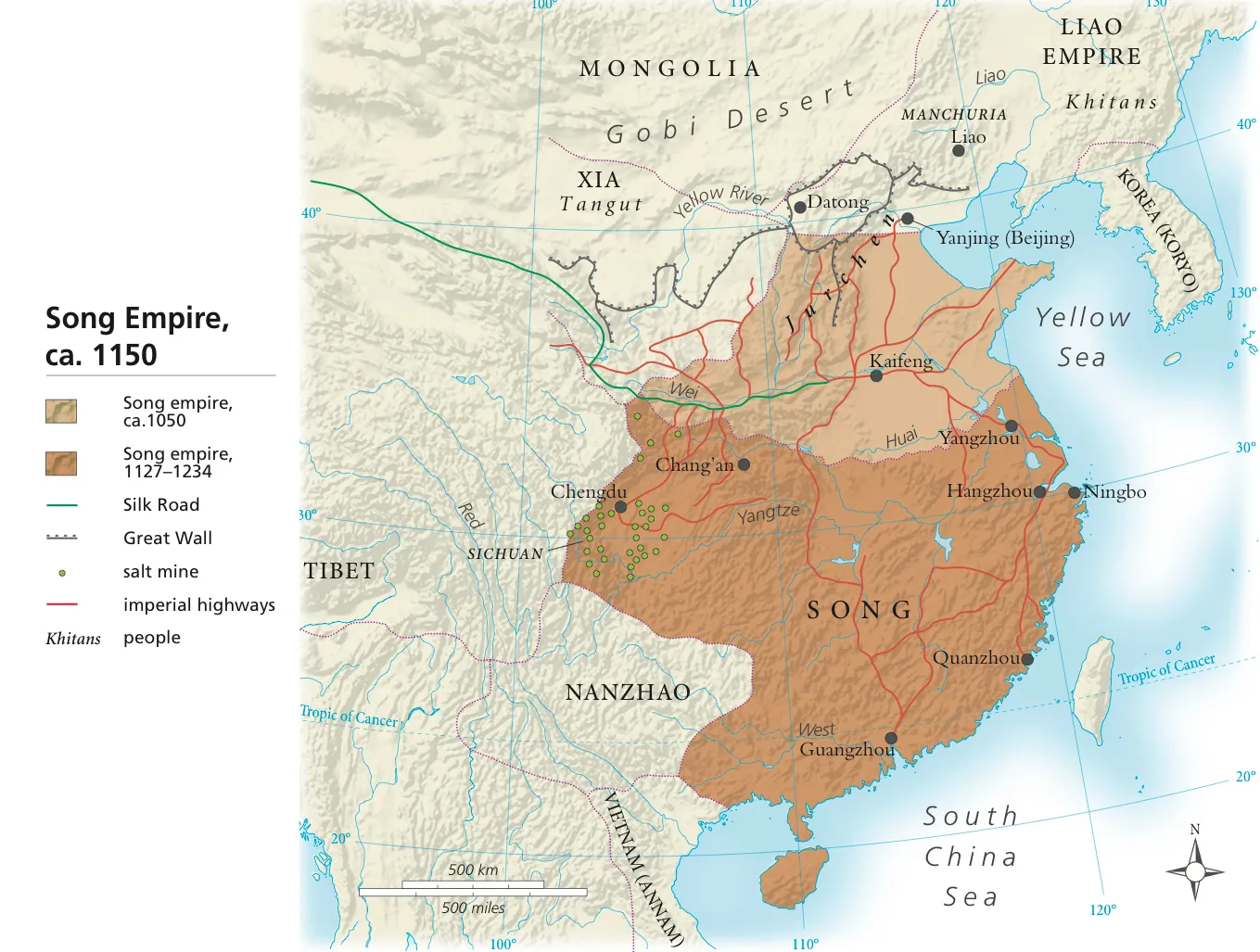
“Zapata spoke Nahuatl”: Indigenous Mexicans Participating in the Mexican Revolution
A discussion of how to teach the participation of Indigenous peoples in the Mexican Revolution.
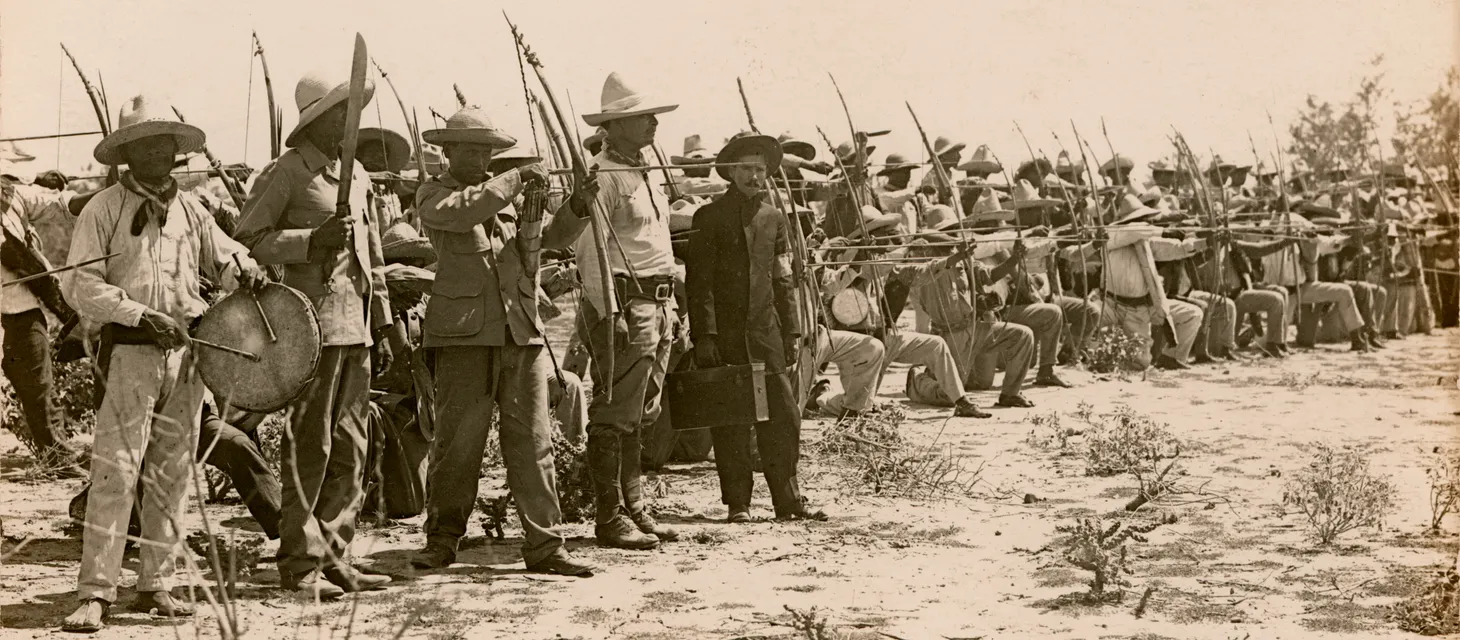
The Last Supper in Cuzco: Indigenizing Christianity in the Andes
A discussion of syncretism in Spanish colonial Cuzco in the eighteenth century.
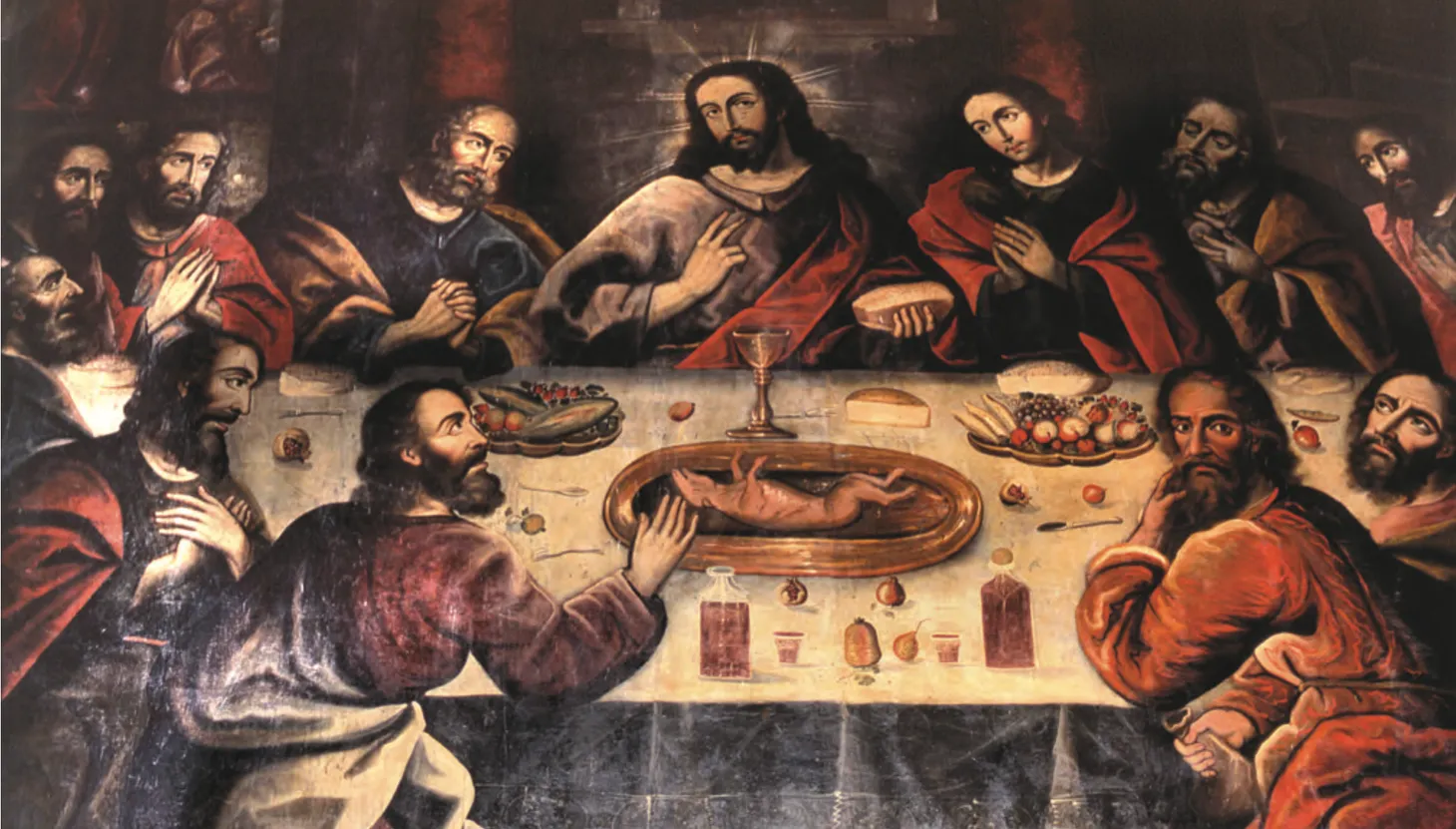
“Fought Against the Army”: Indigenous Americans and Argentina’s “Golden Age” (c.1875 - c.1920)
Discussion of teaching Indigenous Americans in Argentina and Latin America in the nineteenth century

